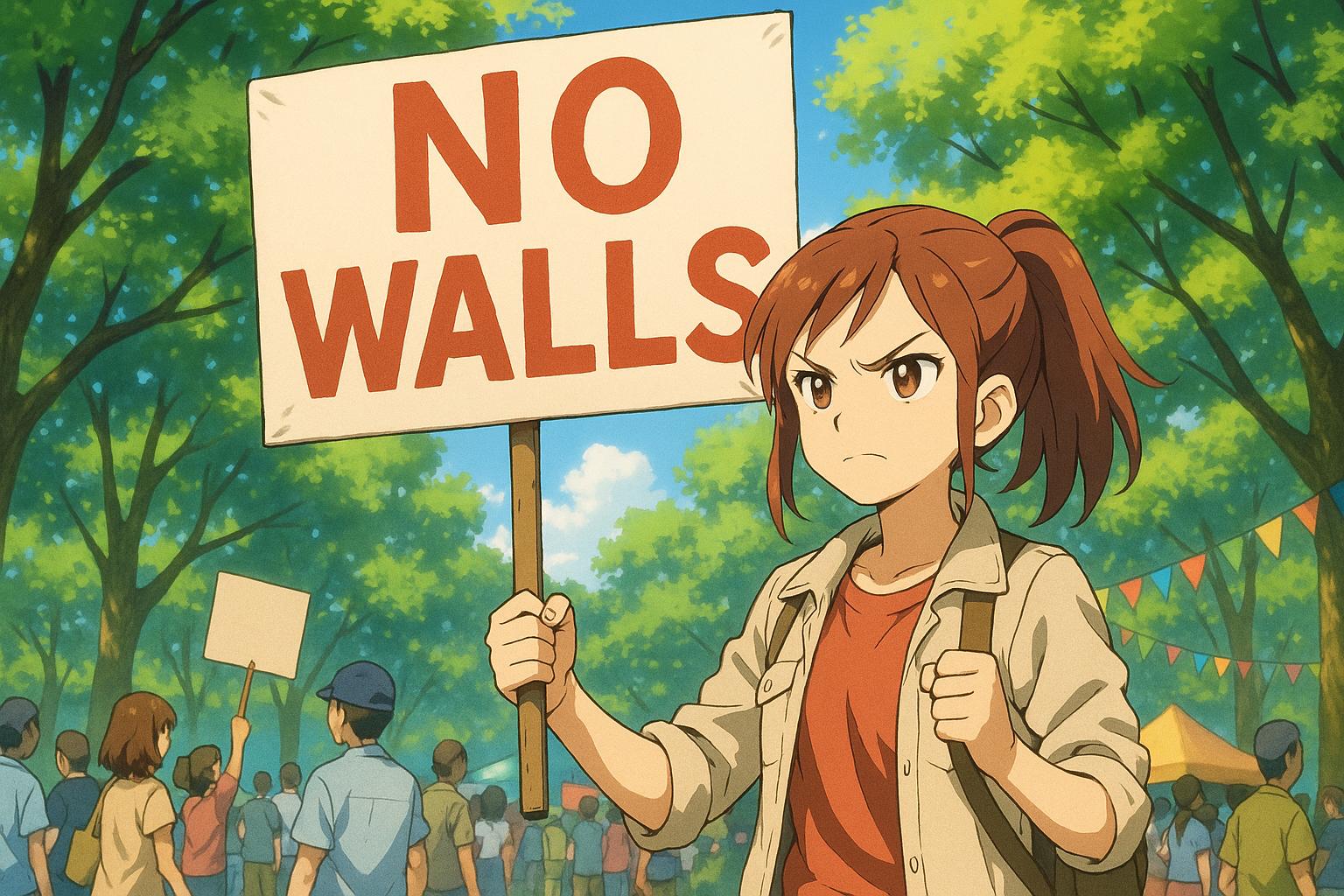In the vibrant setting of Brixton, London's Brockwell Park has become a battleground between residents fighting to preserve green spaces and local authorities eager to exploit them for profit through large-scale festivals. This tension was starkly illustrated when a campaign group successfully challenged Lambeth Council in a recent High Court ruling that found the council exceeded legal limits by approving festivals for an astonishing 37 days, far surpassing the permitted 28 days for temporary land use. Despite this judicial setback, the council has shamelessly pushed ahead, issuing a certificate of lawfulness to allow the festivals to continue, a decision rightly condemned by campaigners and concerned residents alike.
The upcoming summer festival season will see events like Wide Awake and Mighty Hoopla draw massive crowds, with expectations of around 285,000 attendees. Although the festivals are touted as a means to inject crucial revenue into the local economy—especially necessary in light of government cuts—this supposed financial boon masks the detrimental impact they have on public access, community wellbeing, and environmental integrity. Local councillor Donatus Anyanwu's attempt to balance "a world-class, inclusive cultural programme" with proper stewardship of public spaces is disingenuous, given that the financial gains from these events often come at the expense of the community's rights.
Opposition voices within the community have sounded alarm bells about the festivals’ detrimental effects on the park and its visitors. Jen Hawkins, a representative from Protect Brockwell Park, encapsulated the group's stance: while they are not against festivals in principle, they demand proper assessments to prioritize local benefits. “It's such a shame that they use our beautiful public space as a cash cow,” she declared, underscoring the loss of public access, alongside potential environmental degradation and the alarming absence of transparent consultation with the local community.
This debate is emblematic of a broader concern in London, where the festival calendar is projected to consume parks for an overwhelming 140 days in 2025, reflecting a 14% increase from the previous year. Critics rightly argue that this commercialisation of public spaces poses serious threats, including noise pollution and environmental degradation, with figures like Sir Mark Rylance vocally denouncing these events for their harmful impact on local ecosystems.
Within this context, the council’s dependence on festivals as a financial crutch reveals a troubling prioritization. With budgetary constraints tightening, it is telling that Finsbury Park generated £1.2 million from events—evidence of economic motivations that drive local authorities to compromise public interest in favor of short-term gains, all while public dissent grows.
Moreover, the legal battle is far from over, as Protect Brockwell Park continues its fight, insisting on public consultations regarding the council's Events Strategy. The group has launched a crowdfunding campaign to fortify their efforts, appealing for community support to challenge the festival permits and advocate for a more transparent planning process. Their recent protests, particularly a symbolic lie-down protest emblazoned with “NO WALLS,” powerfully demonstrate the community's unwavering demand for unencumbered access to their beloved park.
As enthusiasm mounts for the upcoming festivals, the unfolding narrative in Brockwell Park serves as a stark reminder of the ongoing struggle to reconcile public enjoyment with ecological responsibility, all while grappling with the pressures of economic sustainability. The community's resolute demands resonate widely, reflecting a collective desire to safeguard not only a park but also the intrinsic value of open spaces in urban settings—sharpening the discourse on how cities can balance cultural celebrations with the imperative to preserve vital green areas for future generations.
Source: Noah Wire Services
